A healthy scalp is the foundation for strong, vibrant hair. However, various scalp conditions can disrupt this balance, leading to discomfort and potential hair issues. As a certified Trichologist, I aim to shed light on some of the most prevalent scalp conditions and the typical approaches to managing them, including medications, shampoos, supplements, and dietary considerations.
1. Dandruff (Pityriasis Capitis)
 Dandruff is a common scalp condition characterized by white flakes and mild itching. It is caused by an overgrowth of yeast (Malassezia) on the scalp, leading to excessive shedding of dead skin cells. Unlike seborrheic dermatitis, dandruff does not typically involve redness or inflammation.
Dandruff is a common scalp condition characterized by white flakes and mild itching. It is caused by an overgrowth of yeast (Malassezia) on the scalp, leading to excessive shedding of dead skin cells. Unlike seborrheic dermatitis, dandruff does not typically involve redness or inflammation.
Treatment:
- Medicated Shampoos: Over-the-counter shampoos containing zinc pyrithione, ketoconazole, or selenium sulfide help control yeast overgrowth and reduce flaking.
- Scalp Exfoliation: Salicylic acid-based shampoos can aid in removing excess dead skin buildup.
Dietary Considerations:
- Reducing sugar, dairy and processed food intake may help balance scalp yeast levels.
- Probiotic-rich foods can support a healthy scalp microbiome.
A study published in the Journal of Investigative Dermatology found that antifungal agents like ketoconazole significantly reduce dandruff by controlling Malassezia populations.
2. Seborrheic Dermatitis
 Seborrheic dermatitis is a more severe form of dandruff that causes greasy, yellowish scales and inflammation. It often affects areas with high sebaceous gland activity, such as the scalp, eyebrows, and sides of the nose.
Seborrheic dermatitis is a more severe form of dandruff that causes greasy, yellowish scales and inflammation. It often affects areas with high sebaceous gland activity, such as the scalp, eyebrows, and sides of the nose.
Treatment:
- Prescription Medications: In more severe cases, doctors may prescribe antifungal creams, corticosteroids, or calcineurin inhibitors to control inflammation.
- Medicated Shampoos: Coal tar, sulfur, and antifungal shampoos (ketoconazole, ciclopirox) can help manage symptoms.
Dietary Considerations:
- Omega-3 fatty acids (walnuts, flaxseeds) may help reduce inflammation.
- Avoiding excessive alcohol and processed foods with sugar (not including fruit) may support skin health.
- Eat plenty of fresh fruits rich in nutrients and living enzymes like mandarines, blueberries, celery, carrots, pineapple, dark leafy greens such as kale, spinach and drink plenty of water.
3. Psoriasis
 Psoriasis is an autoimmune disorder that causes red, scaly patches on the scalp due to an accelerated skin cell turnover rate. Unlike dandruff, psoriasis plaques are often thick, silvery, and may extend beyond the hairline.
Psoriasis is an autoimmune disorder that causes red, scaly patches on the scalp due to an accelerated skin cell turnover rate. Unlike dandruff, psoriasis plaques are often thick, silvery, and may extend beyond the hairline.
Treatment:
- Topical Treatments: Corticosteroids, vitamin D analogs, and salicylic acid creams can help reduce scaling and inflammation.
- Phototherapy: UV light therapy is sometimes recommended for severe cases.
- Medications: Biologic drugs like secukinumab (Cosentyx) or methotrexate may be prescribed for chronic cases.
Dietary Considerations:
- Anti-inflammatory diets rich in fruits, vegetables, and lean proteins may help manage symptoms.
- Gluten-free and dairy free diets have been beneficial for some individuals with psoriasis.
A study in the Journal of the American Academy of Dermatology found that vitamin D supplementation can help improve psoriasis symptoms by regulating immune response.
4. Scalp Folliculitis
 Scalp folliculitis is an infection or inflammation of the hair follicles, often caused by bacteria (Staphylococcus aureus), yeast, or clogged pores. It appears as small red bumps or pustules on the scalp and can be itchy or tender.
Scalp folliculitis is an infection or inflammation of the hair follicles, often caused by bacteria (Staphylococcus aureus), yeast, or clogged pores. It appears as small red bumps or pustules on the scalp and can be itchy or tender.
Treatment:
- Antibacterial Shampoos: Benzoyl peroxide or chlorhexidine-based shampoos can help clear bacterial infections.
- Topical or Oral Antibiotics: In persistent cases, dermatologists may prescribe antibiotic creams or pills.
- Scalp Hygiene: Avoiding excessive oil buildup and washing hair regularly with mild shampoos can prevent flare-ups.
Dietary Considerations:
- Avoiding high-glycemic foods (sugar, refined carbs) may help reduce bacterial growth.
- Eating foods rich in zinc (pumpkin seeds or chickpeas) can support skin healing.
A 2020 study in the International Journal of Dermatology found that zinc supplementation improved scalp folliculitis symptoms by reducing bacterial overgrowth and inflammation.
5. Tinea Capitis (Scalp Ringworm)
 A contagious fungal infection caused by dermatophytes, spread through direct contact with infected individuals, animals, or contaminated objects like brushes and hats. It can be characterized with itchy, scaly patches on the scalp, leading bald spots and red, inflamed sores (kerion) in severe cases.
A contagious fungal infection caused by dermatophytes, spread through direct contact with infected individuals, animals, or contaminated objects like brushes and hats. It can be characterized with itchy, scaly patches on the scalp, leading bald spots and red, inflamed sores (kerion) in severe cases.
Treatment:
- Medication: Requires oral antifungals like griseofulvin or terbinafine, as topical treatments alone are ineffective.
-
Shampoo: Antifungal shampoos (ketoconazole, selenium sulfide) help reduce fungal spread.
- Diet & Supplements: A diet rich in zinc, vitamin D, and probiotics supports immune function and scalp health.
6. Head Lice

A parasitic infestation caused by tiny insects (lice) that feed on blood from the scalp. Spread through direct head-to-head contact or shared personal items (combs, hats, bedding). Symptoms include; intense scalp itching, small white nits (eggs) attached to hair shafts and crawling sensations on the scalp.
Treatment:
-
Shampoo: Medicated lice shampoos containing pyrethrins or permethrin kill lice. Natural options include tea tree oil and neem oil-based shampoos.
-
Manual Removal: Using a fine-tooth nit comb helps eliminate lice eggs.
- Household Cleaning: Wash bedding, clothing, and brushes in hot water to prevent reinfestation.
Diet & Supplements:
A strong immune system can help prevent reinfection—ensure adequate iron, zinc, and omega-3s for scalp health.
There are many more scalp conditions, but the six mentioned above are the most common. If you believe you may be experiencing any of these, it’s important to contact your doctor or dermatologist right away for an accurate diagnosis and in-person monitoring. Early intervention is key to restoring scalp health and preventing further hair loss.
Emily DeNard (Em)Certified Trichologist
United States Trichology Institute
American Medical Certification Association
February 24, 2025


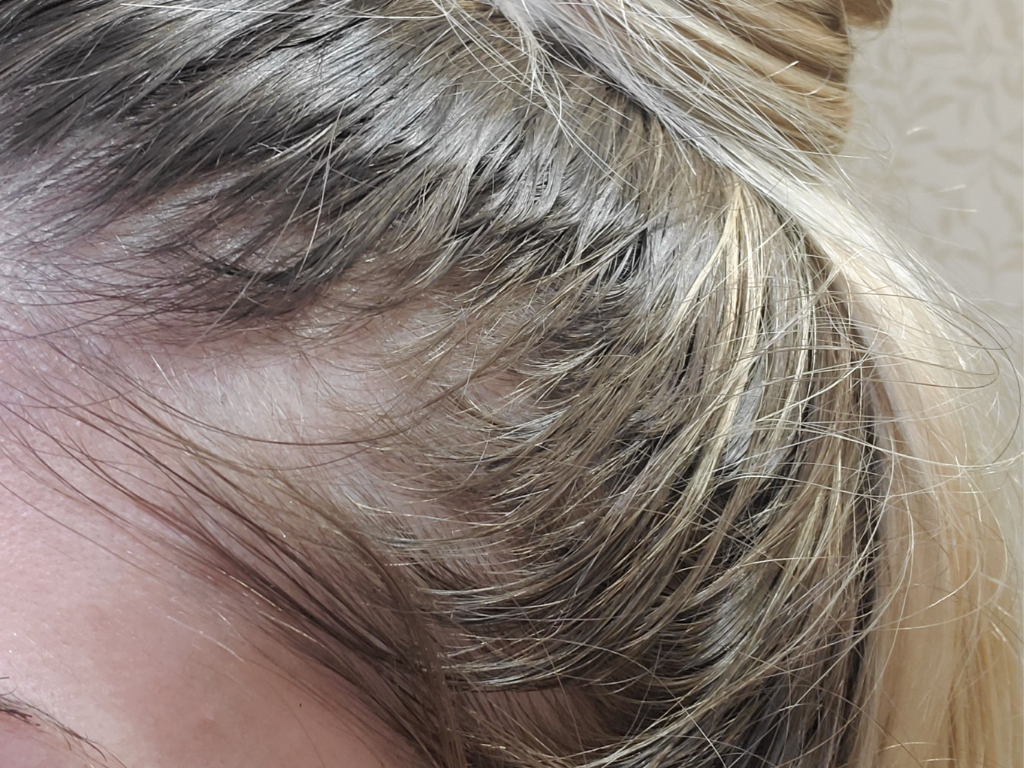
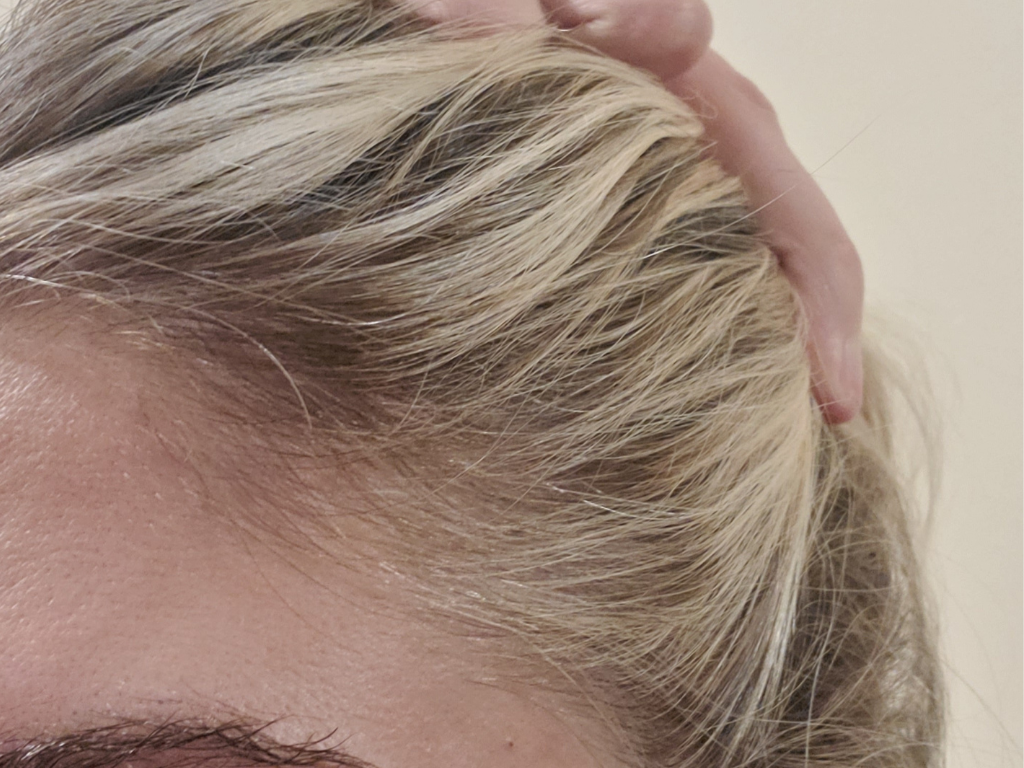
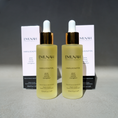
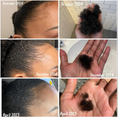
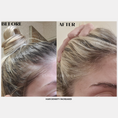

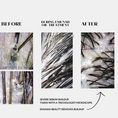
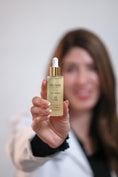
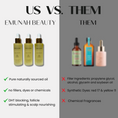
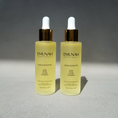








Understanding Common Scalp Conditions and Their Treatments
Comments (2)
i have lichen planopilaris alopecia and on so many drugs and doing pro and exesomes…. nothing helps the shedding and itching. gonna try your oil
I was diagnosed with lupus some years ago and within the last couple years my scalp is balded in the top and was told it wasn’t going to grow back